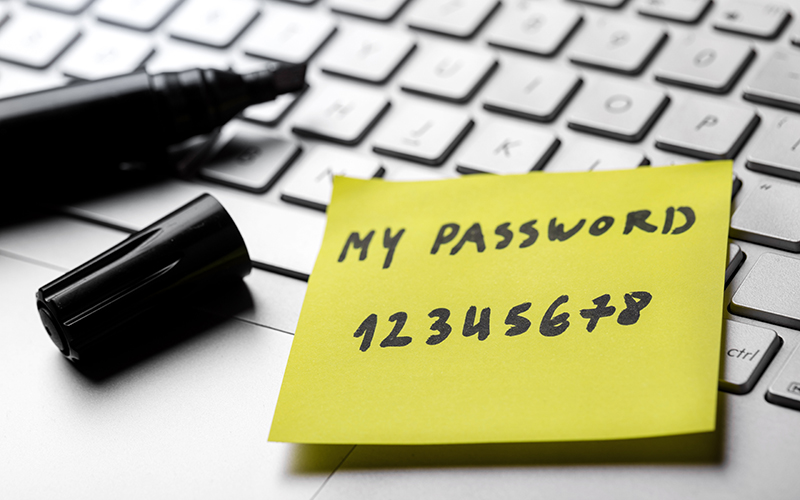As World Password Day approaches on the first Thursday of May, it’s an ideal time for university students to evaluate their digital security practices, particularly the strength of their passwords.
In an era where education increasingly relies on digital platforms, the significance of maintaining strong passwords cannot be understated.
Why strong passwords matter for university students
University students are particularly vulnerable to cyber threats due to their frequent online activities, which range from accessing academic resources to managing personal information and communicating over university networks. Here’s why robust passwords are crucial:
- Protect personal information: Students store sensitive information such as social security numbers, financial data, and personal identification details on various university portals. Strong passwords help safeguard this information from identity theft.
- Secure academic work: Assignments, research papers, and other academic works are often stored online. Secure passwords ensure that years of hard work are well-protected against unauthorised access and potential threats.
- Access to multiple platforms: Students typically log into multiple systems and services daily. Each of these platforms can be a potential entry point for cybercriminals if not properly secured with strong passwords.
Tips for creating and managing strong passwords
Here’s how university students can enhance their password security:
- Create complex passwords: A strong password should be at least 12 characters long and include a mix of uppercase letters, lowercase letters, numbers, and symbols. Avoid common words and phrases, as they are easier to guess.
- Use unique passwords for different accounts: Never reuse passwords across different sites and services. If one password is compromised, others remain secure.
- Update passwords regularly: Change your passwords periodically to limit breaches. Set a reminder to update your passwords every three to six months.
- Leverage Multi-Factor Authentication (MFA): Whenever possible, enable MFA. This adds an extra layer of security by requiring two or more credentials to log in, which makes it much harder for attackers to gain unauthorised access.
Employ a Password Manager: To keep track of multiple complex passwords, consider using a password manager. These tools store your passwords securely and can generate strong passwords for you.
Engaging with campus cybersecurity initiatives
Many universities offer cybersecurity resources and training sessions. Participating in these can provide valuable insights into the best practices for digital security and help students stay updated on the latest threats and how to avoid them.
Conclusion: a proactive approach to digital security
On World Password Day 2024, take the opportunity to strengthen your digital defences by reassessing and upgrading your password practices. By investing in strong passwords and being vigilant about cybersecurity, university students can protect themselves from the increasing risks of cyber threats, ensuring their personal and academic integrity remains intact.




